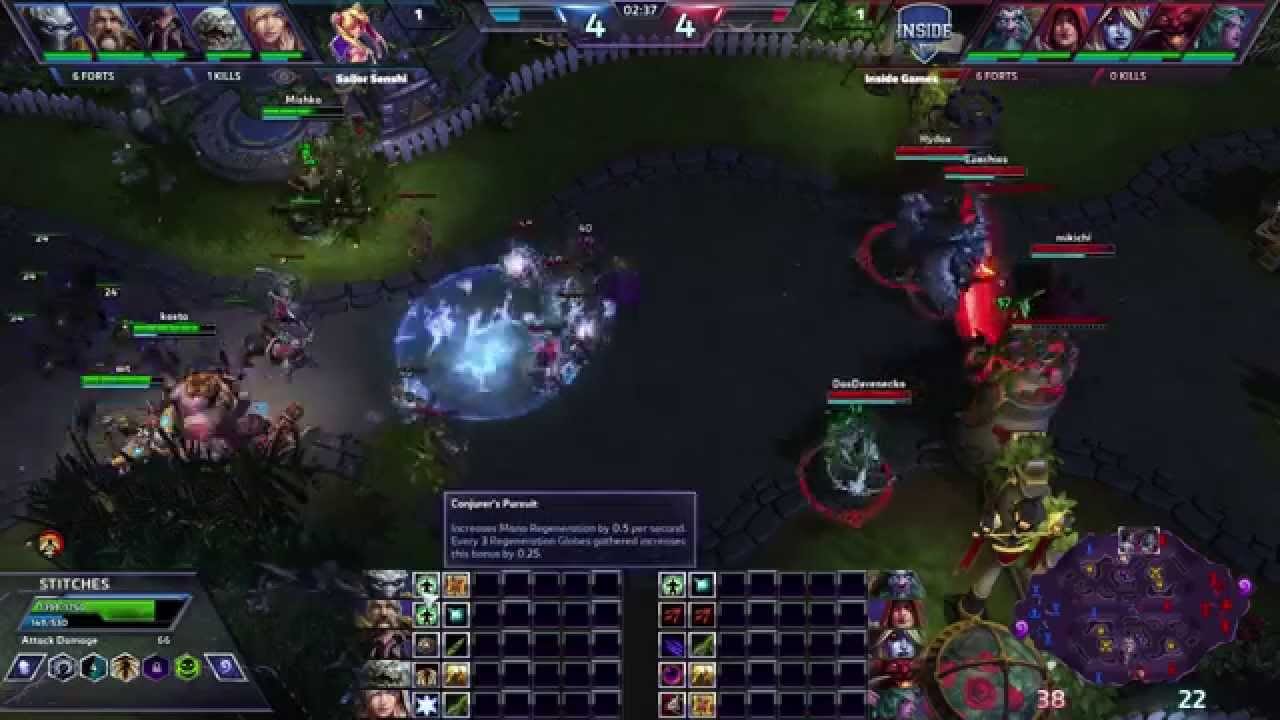From our WIKI section.
Did you know that ……. ???
Starcraft Heroes – Graven Hill
Graven Hill’s battle scars and long list of black market contacts belied a little of his good upbringing on Umoja. As a youth he was supposed to be a politician, like his father and mother, but Graven always found politics unfulfilling and useless.
Planets Starcraft – Umoja
Of the four Terran supercarriers that carried many thousands of Terrans to the Koprulu sector, two had to make an emergency landing on the strange and wild planet of Umoja. One ship, the Sarengo, suffered critical system failures and was destroyed on impact.
Starcraft Units – Jacksons Revenge
The Terrans can neither boast impressive technologies nor unbeatable masses, they seem to be the least dangerous race in the Starcraft universe. However, this is also their strength, often underestimated by the enemy, they can attack from ambush and thus take advantage of the surprise effect. The Terran forces are often formed from prisoners who want to shorten their sentence.
Starcraft Missions – Completely Screwed
Description: Those of Moebius want us to retrieve another artifact from a dead planet called Xil. Apparently they sent their team of specialists there – but lost contact two days ago. Bad luck I would say. We’ll get a hazard surcharge for the mission for that.
Starcraft Buildings – Spiny Crawler
The Spine Crawler is a Zerg static defense structure that deals 25 damage to ground units with a 5 point damage bonus to armored units. Although similar to the Sunken Colony, the Spine Crawler has the distinct ability to Uproot itself and Root in a new location, making it somewhat mobile and more flexible in use.
Follow us and check out our social media accounts on Twitter, Facebook & YouTube ►
● on Twitter ► esport.directory
● Facebook ► esport.directory
● Youtube ► esport.directory
Starcraft
Starcraft is a turn-based game. The active player receives the obligatory first player token, so it should always be clear whose turn is being played, and especially interesting: StarCraft does not require any dice at all.
To get started, you first have to agree on your faction, then gather all the necessary figures, cards and tokens of your faction (woe betide the game master who only starts sorting now!) and leave the table in the middle free, as this is where the galaxy, i.e. the playing field, is built.
This proceeds similarly to Twilight Imperium.
Each player draws two planet tokens, which they can use to pick their planets from the planet stack. This step is necessary because the planet cards are shaped differently and the tokens are the only way to ensure that the drawing is random.
The starting player then places his first planet in the center of the table and can already build a base – but he doesn’t have to, then he has to do it on his second planet as soon as he lays it out.
Once the first planet is in place, it is the next player’s turn to lay out his first planet and connect it to the previous player’s planet with a navigation route cardboard piece. The last player may lay out both planets at the same time and then it goes in reverse order to the starting player. This way a more or less interconnected galaxy is created.
Finally, Z-axes are laid, which are navigation routes across loose ends, sort of a 3D conversion.
Each player receives the corresponding resource cards for his two planets and then only the event cards are reduced according to the number of players, shuffled and placed on the board. There are three event card phases, which is symbolized by different card backs and should help the game to become faster and more powerful towards the end. Now the game can start.
Each round is divided into three phases.
Starcraft is a turn-based game. The active player gets the obligatory first player token, so it should always be clear whose turn is being played, and most interestingly, StarCraft doesn’t require any dice at all.
To get started, you first have to agree on your faction, then gather all the necessary figures, cards and tokens of your faction (woe betide the game master who only starts sorting now!) and leave the table in the middle free, as this is where the galaxy, i.e. the playing field, is built.
This proceeds similarly to Twilight Imperium.
Each player draws two planet tokens, which they can use to pick their planets from the planet stack. This step is necessary because the planet cards are shaped differently and the tokens are the only way to ensure that the drawing is random.
The starting player then places his first planet in the center of the table and can already build a base – but he doesn’t have to, then he has to do it on his second planet as soon as he lays it out.
Once the first planet is in place, it is the next player’s turn to lay out his first planet and connect it to the previous player’s planet with a navigation route cardboard piece. The last player may lay out both planets at the same time and then it goes in reverse order to the starting player. This way a more or less interconnected galaxy is created.
Finally, Z-axes are laid, which are navigation routes across loose ends, sort of a 3D conversion.
Starcraft Gameplay, Starcraft Rankings, Starcraft Release Date, Starcraft Carrier, ‚ Starcraft Cover, Starcraft Skins, Starcraft Videos, Starcraft Video YouTube, Starcraft PS4, Starcraft Platforms, Starcraft Players, Starcraft Team,




